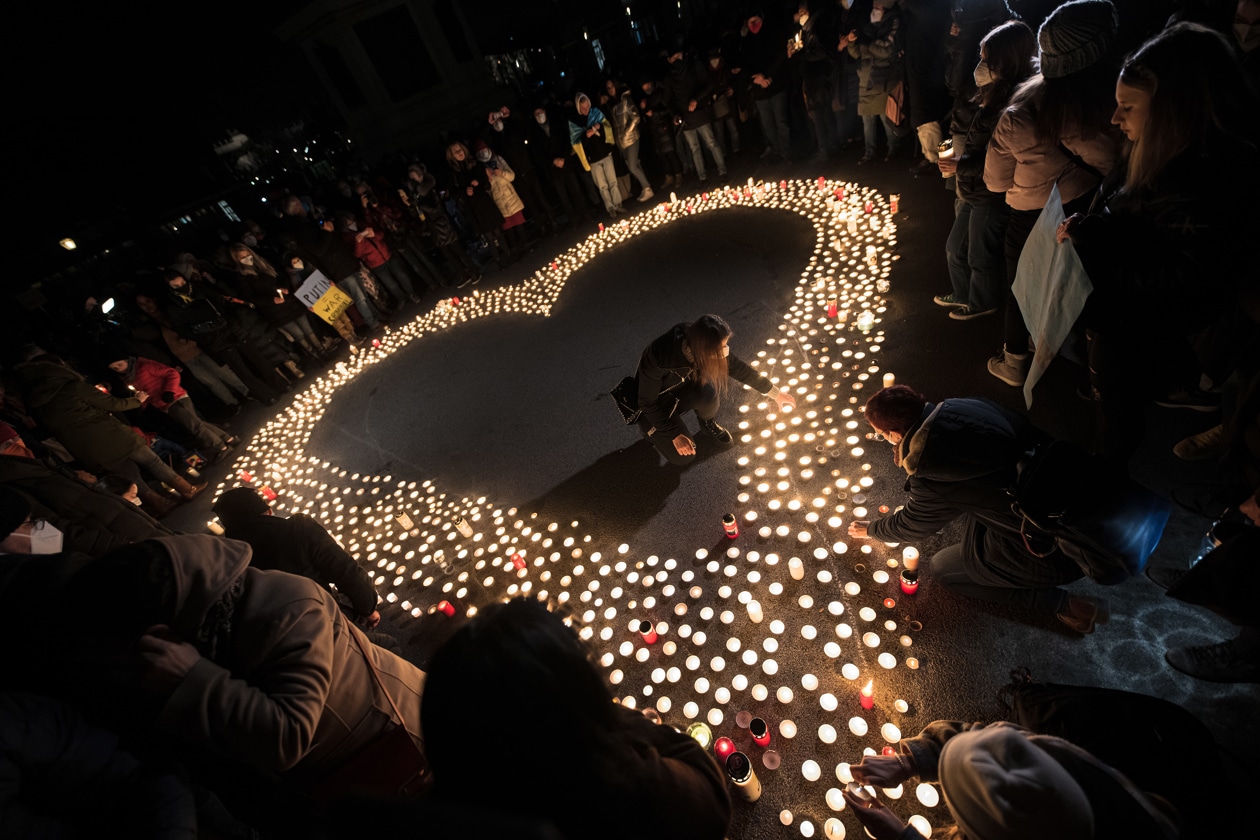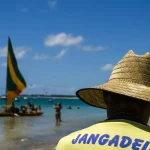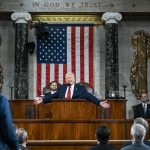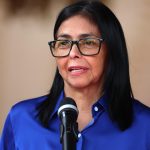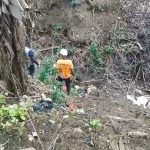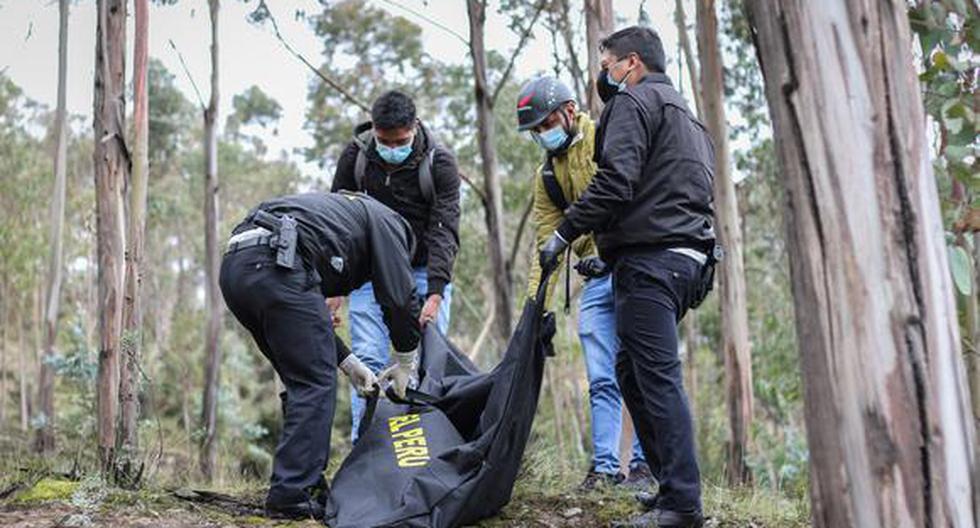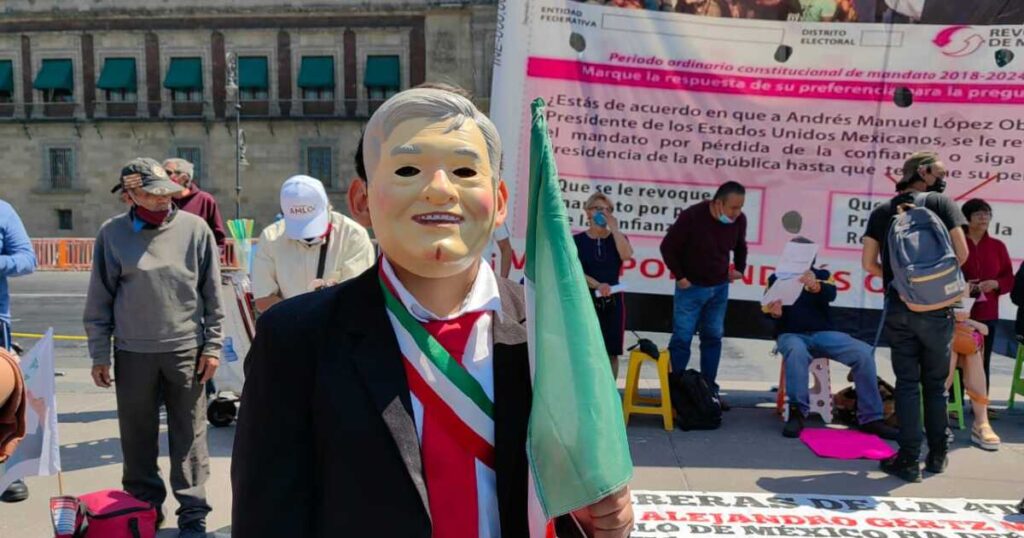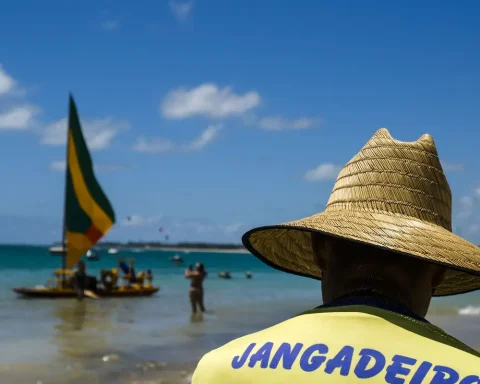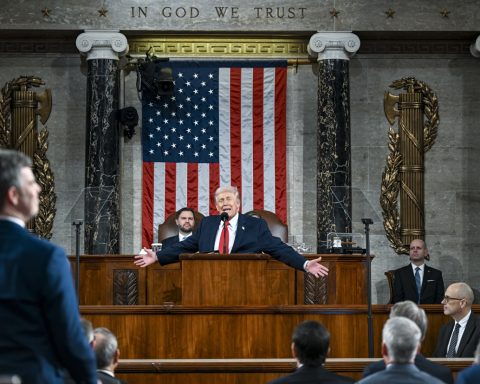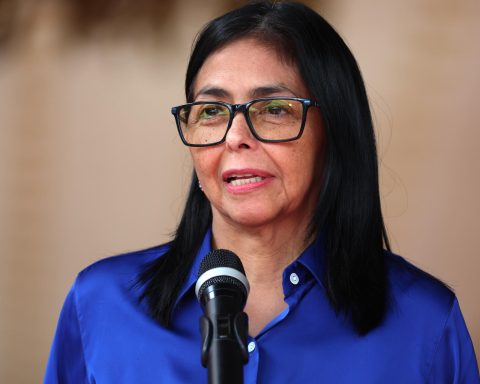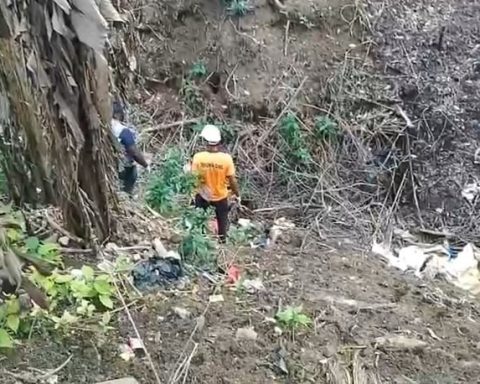Nicaraguan Cardinal Monsignor Leopoldo Brenes stated during his homily this Sunday that those who have lived through a war know that “this is not human,” referring to Russia’s invasion of Ukraine.
“Those of us who in one way or another have experienced war, violence, say: this is not human, and nobody wants that, but unfortunately the devil is always going to put his spoon, he is going to put the tares there, to create tensions, so that there is violence,” said the cardinal.
Brenes made reference to the situation in Ukraine prior to a prayer dedicated to that country, which is facing a Russian invasion, at the request of Pope Francis, he said.
For his part, Monsignor Silvio Báez, from Miami where he is in exile, lamented the lack of mercy between human beings that led Russia and Ukraine to war. Likewise, he made a call to recognize his own mistakes and those of others to respond with mercy.
“In society and in politics we must not limit ourselves to pointing out the responsibilities of others, but we must continually carry out a profound exercise of self-criticism. Who only points fingers and accuses the other party, becomes a victim of his own proud self-sufficiency”he said in his homily.
He added that “all leaders should recognize that more than once with their attitudes they have impeded solidarity and trust between people”.
He also called for mistakes in the search for good to be corrected and not to “humiliate, or to defame, or to exclude.”
“There will be no authentic social transformation if we continue to see the speck in the eye of the other leader and the other group, without recognizing the beam that each one carries in his own eye,” said the auxiliary bishop of the archdiocese of Managua.
Remember wars in Nicaragua
The cardinal recalled that he “personally” experienced the 1979 war in Nicaragua, which led to the overthrow of dictator Anastasio Somoza Debayle that year, as well as the remnants of the armed conflict between the Contras and the Sandinista government between 1991 and 1993.
In the 1980s, as now, Nicaragua was an ally of Russia and received its military support, while the rebels, known as the Contras, were supported by the United States.
Earlier this week, Nicaraguan President Daniel Ortega, who returned to power in 2007 after being head of state in the 1980s, gave his support to his Russian counterpart Vladimir Putin after he recognized the Donetsk and Lugansk territories as independent republics, before ordering the attack on Ukraine.
“We know that war does not build anything, it leaves hatred, it leaves grudges, we have experienced it in Nicaragua, the war has not brought peace, it has brought more hatred, it has brought more confrontation, it has brought many resentments,” the cardinal stressed.
Nicaragua has been experiencing a sociopolitical conflict since 2018, when demonstrations broke out against the Ortega government, which has left more than three hundred dead, according to the Inter-American Commission on Human Rights (IACHR), and has caused hundreds of thousands of people to flee from the country. .
